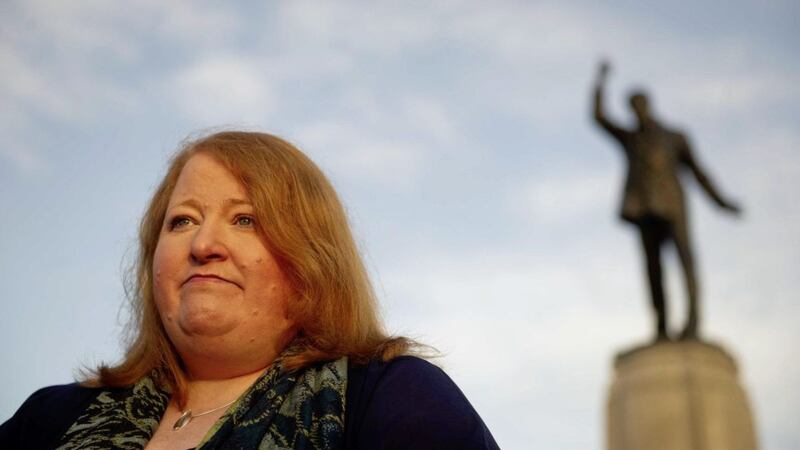Justice Minister Naomi Long has said if people refuse to comply with appeals to social distance themselves then they will be forced to via emergency legislation.
The Coronavirus Bill, which is expected to pass through parliament this week, will give the state unprecedented powers.
There has been little opposition to the bill, with almost all political parties agreeing that it is necessary due to the nature of the Covid-19 crisis.
The European Convention of Human Rights permits individual states to derogate from its provisions in exceptional circumstances such as a global pandemic.
While the Bill will be passed through Westminster it will require a Stormont 'legislative consent motion' to be extend to Northern Ireland.
Read More: 'Small number' of pupils attend schools after closure
There appears to be no opposition from any political party in Northern Ireland, indeed the Justice Minister welcomed the bill saying while she appealed for people to cooperate "to take pressure off resources and save lives. If they refuse to cooperate it will be enforced".
One of the issues the assembly is expected to debate this week is the length of time the provisions would have effect.
The original Bill contained a sunset clause after two years, however it is understood the British government will now table an amendment which will require the provisions to be renewed every six-months.
The provisions will permit the closure of premises on public health grounds, and also allow for restrictions to be placed on gatherings and events, with reports that some bars are continuing to trade despite being ordered to close.
Read More: GPs writing letters to 40,000 patients advising them to stay at home for 12 weeks
The provisions are wide enough that they could be used to restrict all non-essential gatherings in public and effectively permit total lockdown, should this be required.
For the first time the ability to hold remote court hearings will be placed on a statutory footing, with the provision to stream hearings live to the public.
Only the United Kingdom Supreme Court currently operates such a policy.
The Bill also removes the requirement for inquests with a jury in cases where the suspected cause of death is Covid-19.
The government predicts a best case scenario of upwards of 25,000 deaths from Coronavirus, the worst case puts deaths at in excess of 250,000.
Last week health minister Robin Swan warned that deaths in Northern Ireland could reach as many as 15,000.
Doing away with the requirement for an inquest is an attempt to ease the coroner's workload.
Controversially included is an increased ability for emergency RIPA surveillance warrants.
In normal circumstances the legislation permits emergency surveillance to be undertaken for a period of five-working days.The emergency legislation will extend the period to allow warrants to last for 12 working-days.
It is argued this power will allow the forced isolation by tracking of persons suffering from Covid-19 who refuse to self isolate, or those who it is deemed is necessary to have screened for possible infection.
A separate clause in the coronavirus bill temporarily amends the Mental Health Act to make it easier to section people into mental health facilities, and to keep them detained there for longer periods.
It also permits the closure of the UKs borders if deemed necessary.
The Bill makes clear such measures are only to be used as a last resort and expresses the hope that the vast majority of people will voluntarily comply with the relevant public health advice.
The emergency nature of the bill means it is expected to be rushed through parliament in within days and potentially be in force by close of business on Thursday.








